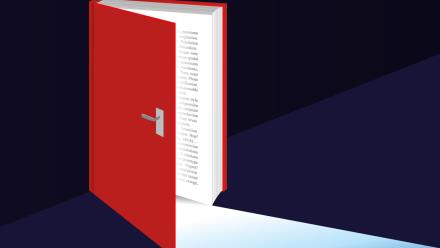…On the final day of the Constitutional Convention in 1787 when our Constitution was adopted, Americans gathered on the steps of Independence Hall to await the news of the government our founders had crafted. They asked Benjamin Franklin, ‘What do we have, a republic or a monarchy?’ Franklin replied, “A republic, if you can keep it.
With a brew of irony, and a dash of serendipity, my grandfather pulled me into the world of history. Without his influence, I might have been just another disinterested dolt; but somehow, he recognized a remote curiosity that I had about America’s past.
As a young boy, Papa Charlie, with whom I was uncommonly close, urged me to start reading biographies about Abraham Lincoln, George Washington, Golda Meir, Madame Curie, Mark Twain, and Elie Wiesel. “If you do that,” Papa Charlie offered, “You will have a reservoir of wisdom from which to draw when you grow up.”
Luckily, I took his advice and during the next decade I read over a hundred biographies. As my interest in history grew, Papa Charlie morphed into my informal book mentor, a part of my education that was never boring or conventional.
Today, students are fortunate to have a variety of choices to pique their curiosities. Teaching has improved, and so have resources and technology. Master classes are regularly taught by a plethora of accessible authorities, and games like those engineered by iCivics, provide students with a peek into how the United States Government works. Meanwhile, the omnipresent 23andMe and Ancestry have helped millions of subscribers dig into their familial history and contradicted the cliché that all students hate history.
Why is it important that we continue to build students’ curiosity about their own history as well as others’ experiences? History explains who we are and where we are going. Without these principles fixed in place, one cannot mature into a civically minded adult who participates in local, national, and presidential elections. These are the minimum requirements for our society to stay strong or the lights of Democracy will go out.

